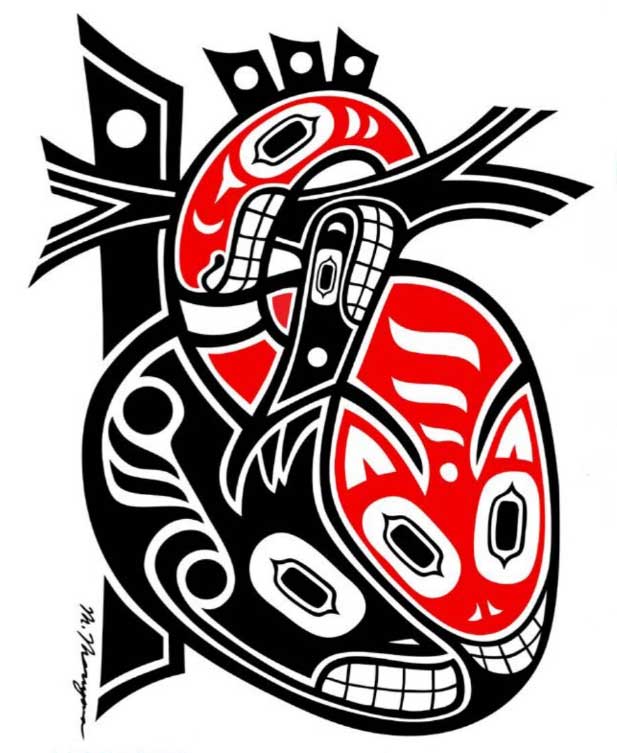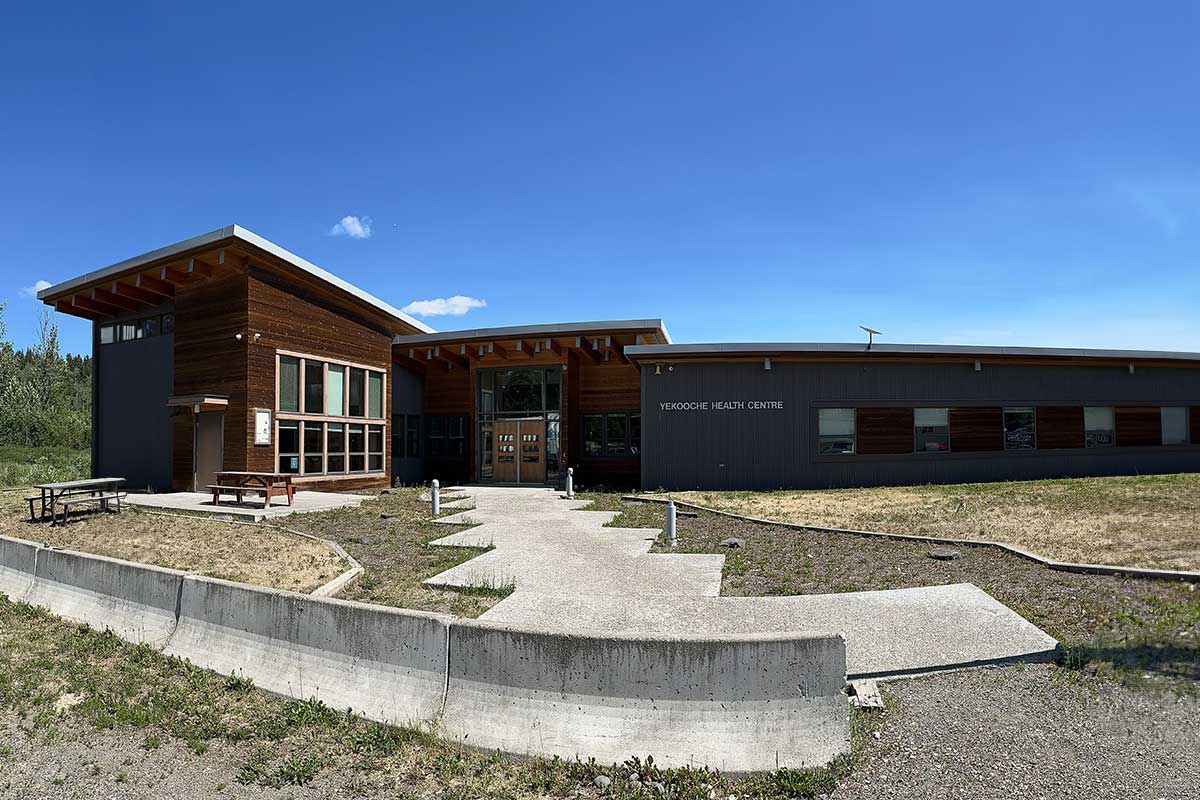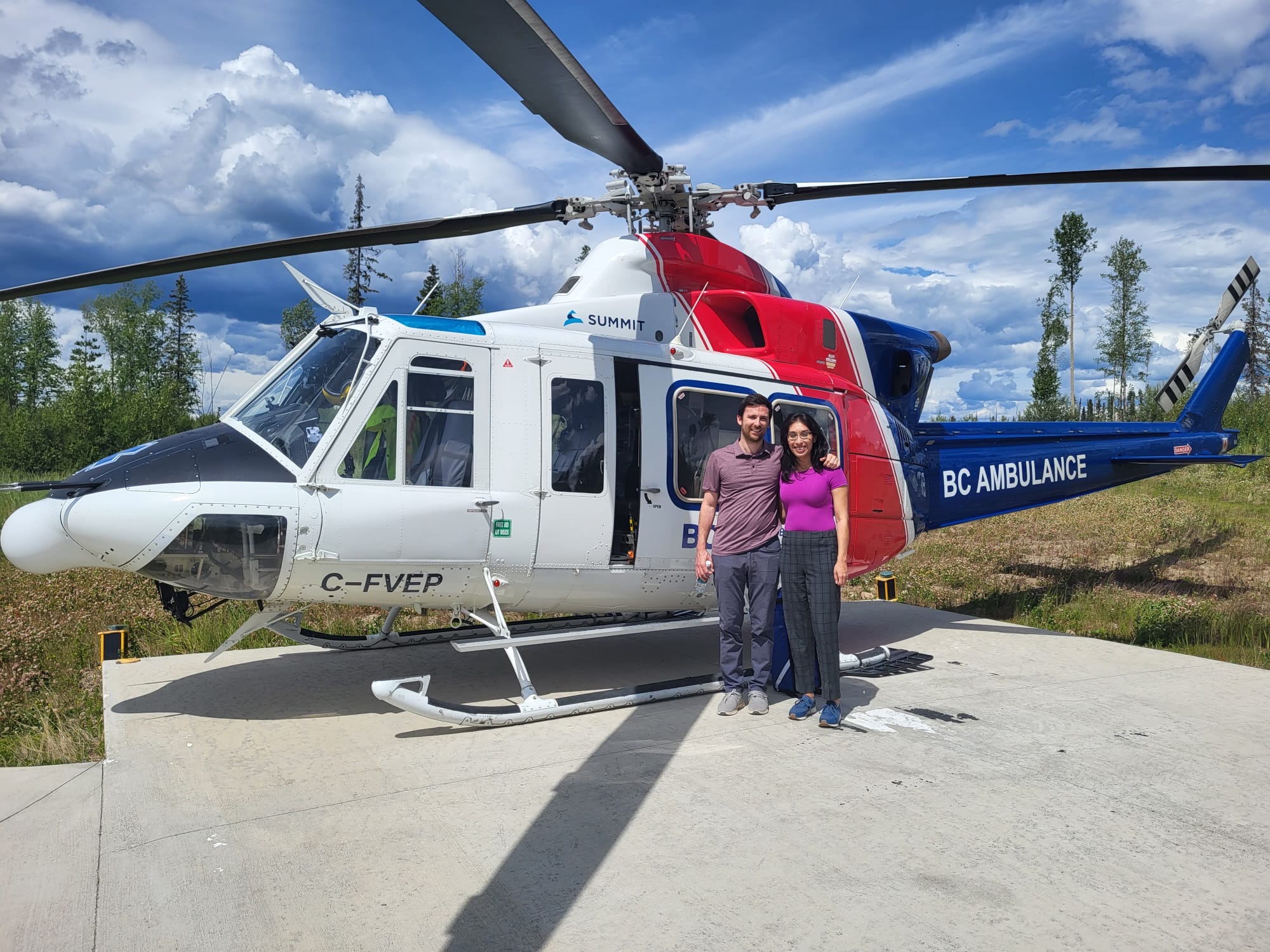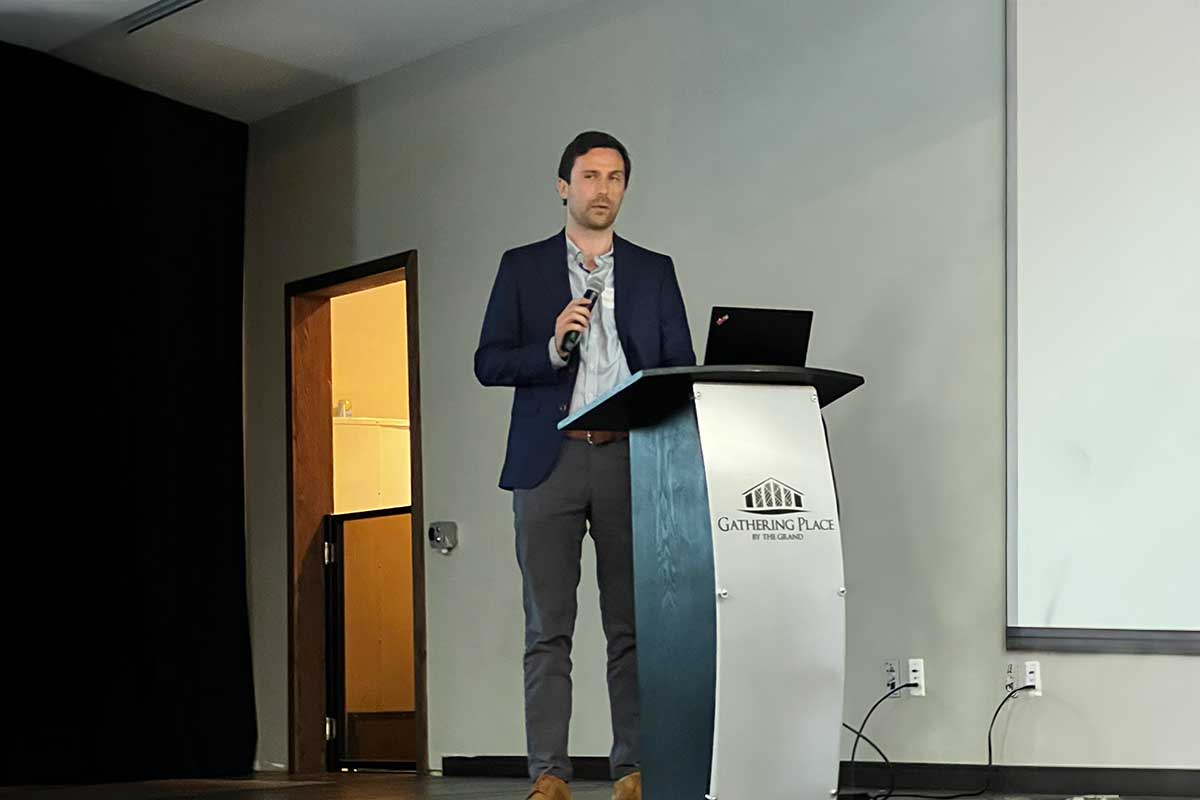The Centre for Indigenous Cardiovascular Health is committed to transforming cardiovascular care for Indigenous Peoples across British Columbia. Rooted in response to the Truth and Reconciliation Commission (TRC) Calls to Action and the In Plain Sight report, the Centre advocates for culturally safe, community-led models of care that address longstanding inequities in heart health. These disparities, shaped by intergenerational trauma, systemic racism, and reduced access to care, require bold, Indigenous-led collaborative action.
In partnership with Indigenous communities throughout the province, the Centre strives to co-develop care pathways that are grounded in cultural safety, self-determination, and a two-eyed seeing approach that weaves together Indigenous and western knowledge systems. Its goal is to improve access to timely, state-of-the-art cardiovascular diagnostics, specialist consultations, and life-saving interventions while supporting Nation-led models of wellness and healing. The Centre also aims to ensure patients have access to long-term, culturally appropriate follow-up, to support long term outcomes following a cardiovascular event. All research and evaluation activities at the Centre are community-driven and guided by the principles of OCAP® which ensure that communities maintain ownership, control, access, and possession of their data and health priorities.









